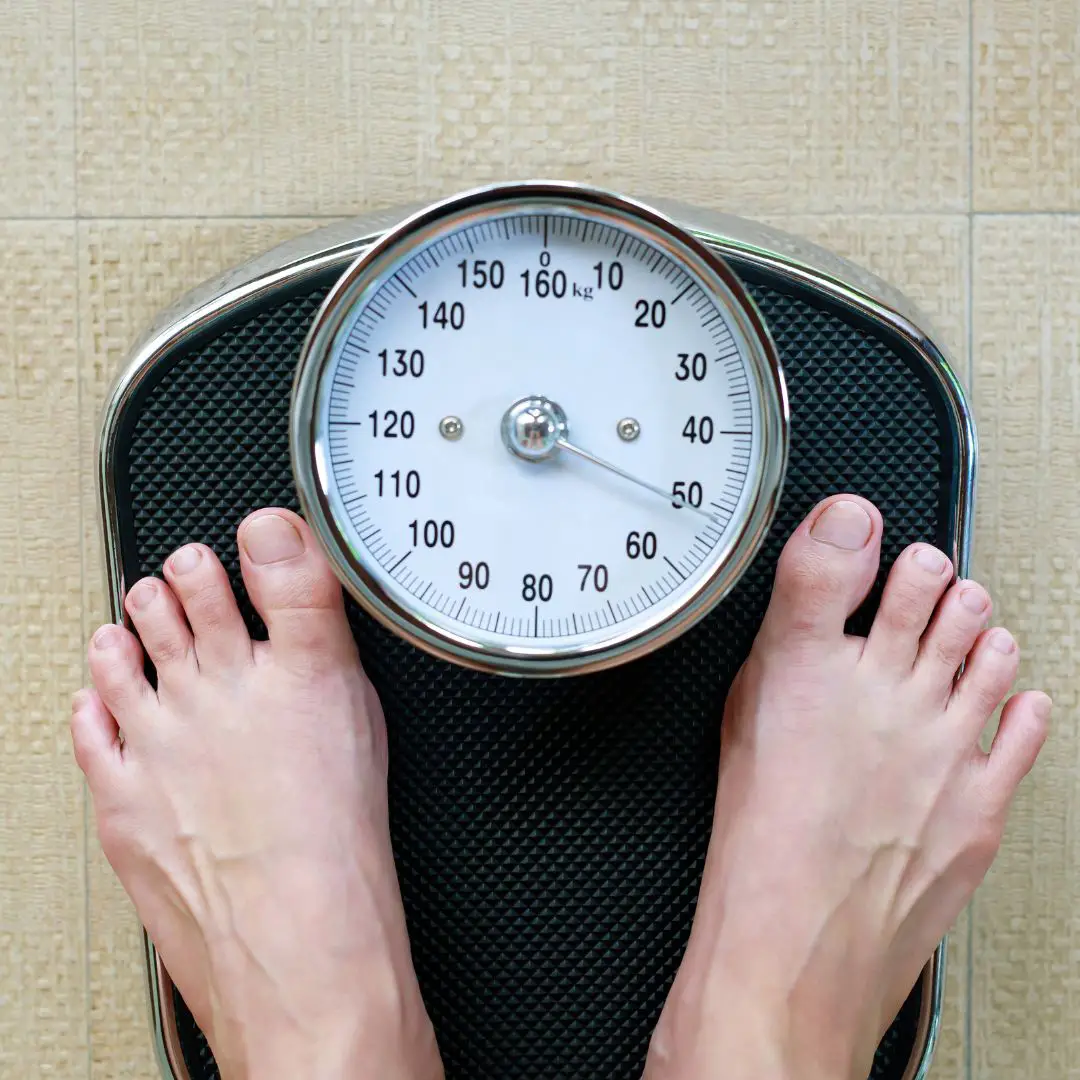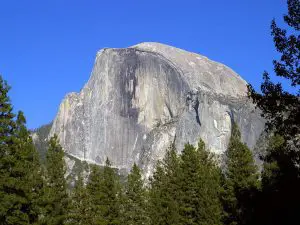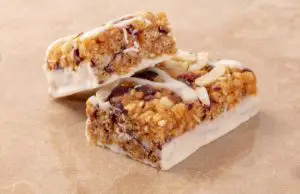Why Do You Weigh More After Hiking? (Solved)

Hiking is a great way to get out and explore nature, but it can also leave you feeling exhausted and with a few extra pounds. From the extra water weight to post-hike snacks, there are a few potential explanations for why you might weigh more after a day on the trails. In this article, we’ll explore the top reasons why you’re weighing more after a hike and provide tips for how to prevent it from happening in the future.
Quick Links
Why Do You Gain Weight After Hiking?
Firstly, relax! Most of the weight gain that happens after hiking is temporary – just like with any other sort of physical exercise. Here are some typical causes.
So there are actually several potential explanations for why you might gain weight after a day on the trails. One huge cause is dehydration. When you’re exercising, your body is burning a lot of energy and using up a lot of water to fuel your muscles. If you don’t drink enough water when you’re out on the trail, your body can become dehydrated, resulting in weight gain.
Additionally, your body may be holding onto more water than usual after a hike, which can add extra pounds on the scale. Another potential explanation for post-hike weight gain is that you may have eaten more than usual after the hike. Hiking can be a huge calorie burner, and it’s easy to reward yourself with extra snacks and treats to make up for the calories burned. Eating more than usual, even if it’s healthy foods, could lead to weight gain.
Finally, you may be experiencing delayed onset muscle soreness (DOMS), which can cause your muscles to be sore and to retain more fluids and therefore make you weigh more. DOMS is a normal part of muscle recovery after exercise, but it can cause extra weight gain in the days following a hike. Fortunately, there are a few simple steps you can take to prevent post-hike weight gain.
What Is Water Retention?
Water retention occurs when excess fluids are retained within the body. When the body retains more fluids, it can cause your muscles to swell and increase your overall weight. This is often caused by over-exercising or intense exercise, as the fatigue and stress on the body can cause the muscles to retain more fluids and therefore make one weigh more. I learned this a little too late! I used to get stressed out after a hard day at the gym, looking bigger than before. Like I said, relax – it’s temporary!
To prevent water retention after a hike, it is important to focus on maintaining proper hydration. Be sure to drink plenty of water before, during, and after the hike. This will help to prevent your body from becoming dehydrated and causing your muscles to retain fluids. Additionally, eating a balanced meal containing carbohydrates, protein, and healthy fats after a hike can help to replenish the energy reserves used during the hike and prevent your body from retaining fluids.
Finally, rest is essential for muscle recovery after exercise. Make sure to get enough rest after a hike in order to promote muscle relaxation, reduce inflammation, and prevent your body from retaining excess fluids.
How to Balance Diet, Rest, and Exercise to Achieve Weight Loss After Hiking?
Don’t get discouraged! Most of the weight gain after hiking, or any other strenuous physical activity is COMPLETELY normal. As a matter of fact, hiking is fantastic for burning those unwanted calories. After a long hike, your body needs to replenish the fluids and electrolytes lost while you were exercising. It is important to get enough rest after a hike in order to promote muscle relaxation, reduce inflammation, and prevent your body from retaining excess fluids.
Additionally, not to sound preachy, but maintaining a healthy diet and hydrating throughout the day are key components to weight loss – which hiking is excellent for. Eating a balanced diet rich in protein and complex carbohydrates will help to rebuild the muscles and maintain energy levels.
Finally, make sure to get enough sleep, as it helps to maintain a healthy weight by affecting hormones that control hunger and metabolism. All of these factors combined will result in successful and healthy weight loss from hiking.
What Foods Should I Avoid After a Hike to Prevent Weight Gain?
High-calorie, processed and sugary foods should be avoided after a hike. Eating these types of food right after a hike can cause you to gain weight since they do not provide the nutrients that your body needs to recover. Instead, opt for healthy and nutritious options such as fruits, vegetables, lean proteins, whole grains, and healthy fats.
Additionally, make sure to stay hydrated. Dehydration can make you feel hungrier, which can lead to cravings for unhealthy snacks. Avoiding beverages with sugar and caffeine can help, as they can further contribute to unwanted weight gain. (I know, I know, it’s tough to give up that delicious soda!)
Conclusion
Keep hiking! The weight gain from hiking is only temporary, so don’t let it discourage you. If you are finding that you are gaining weight due to hiking, consider looking for some healthier snacks to enjoy along your hike. Make sure that you are avoiding sugar and caffeine-filled beverages as well. This will help you to stay hydrated and to avoid additional cravings for unhealthy snacks. With a bit of effort and planning, you can still enjoy your hikes while staying healthy and avoiding unwanted weight gain!







